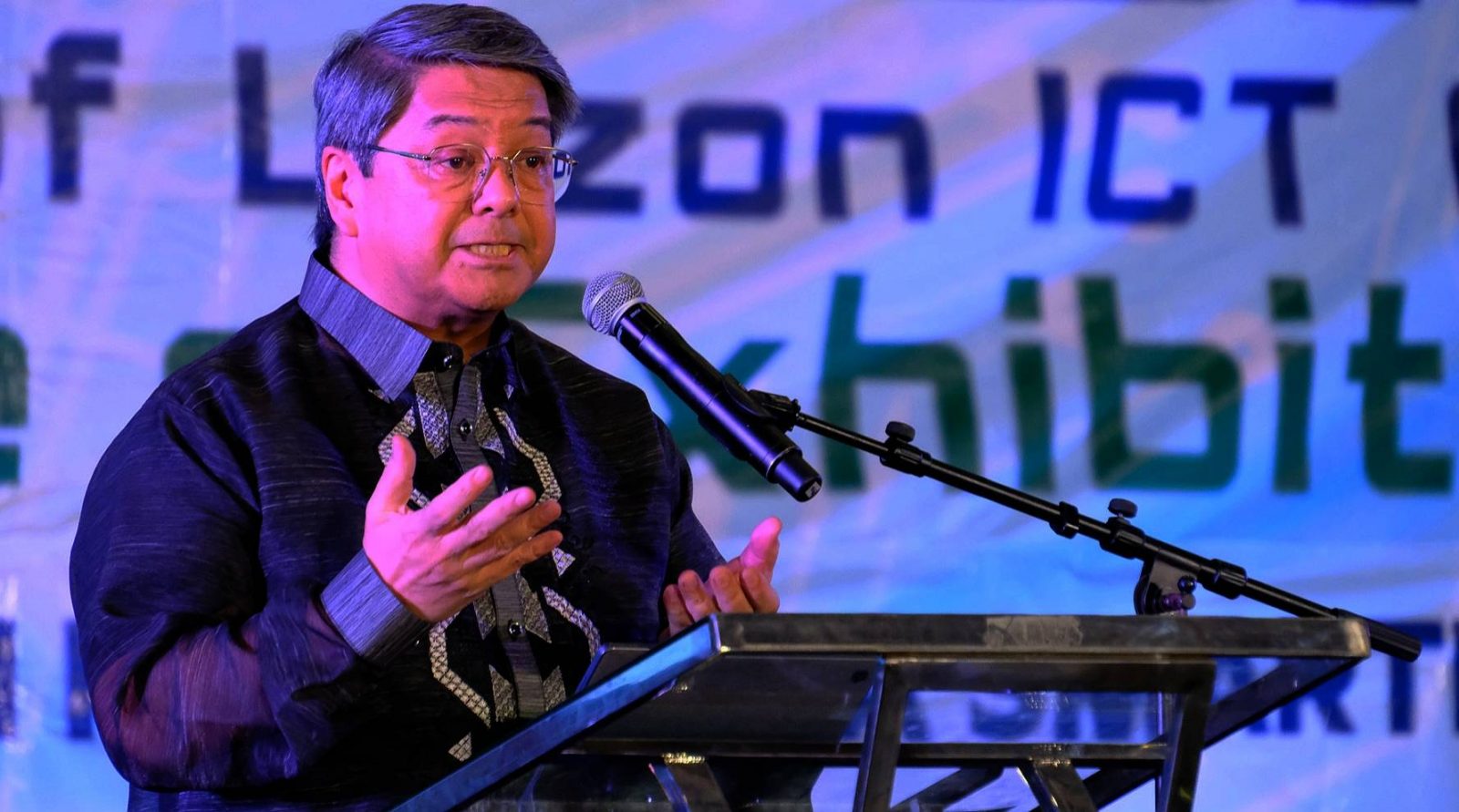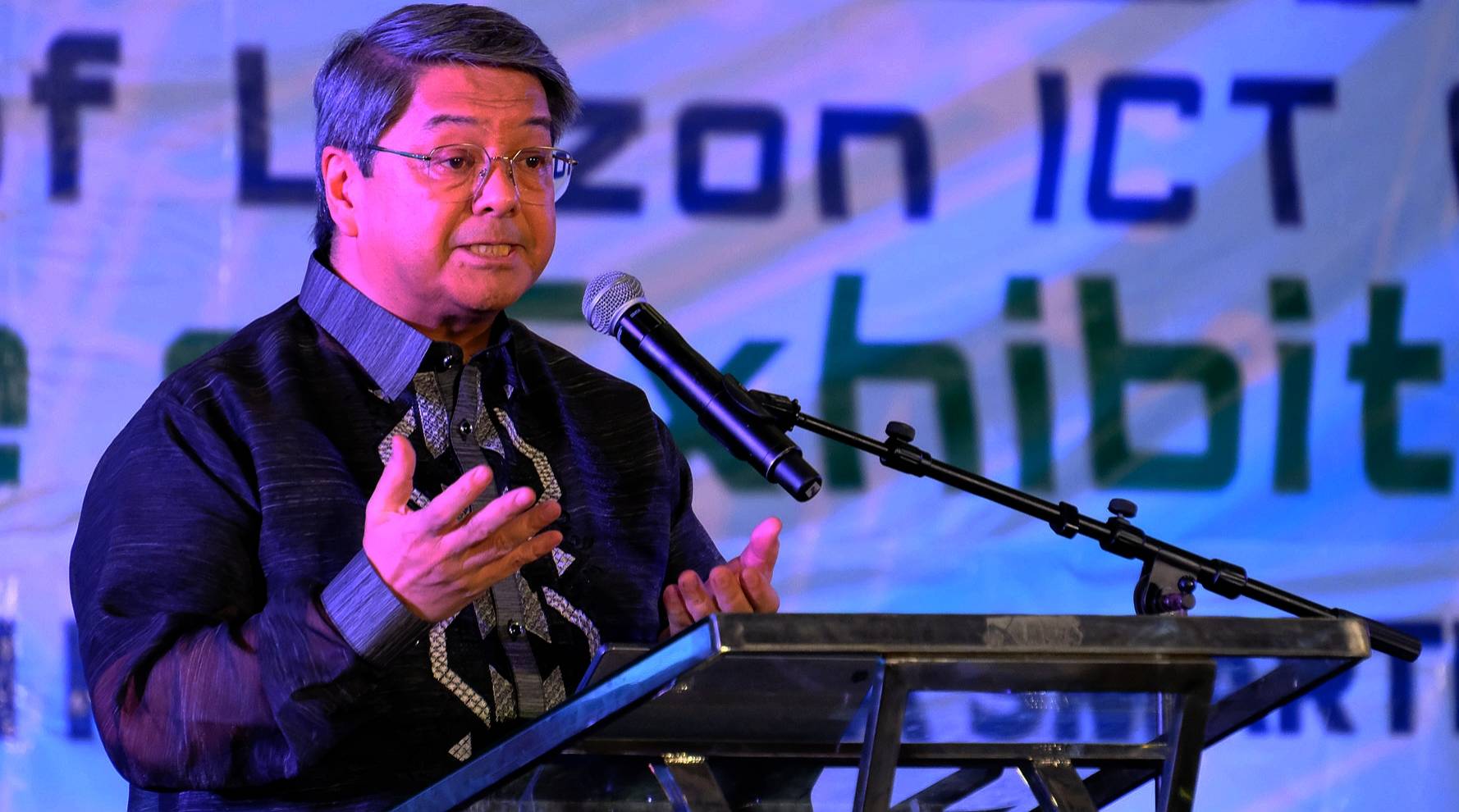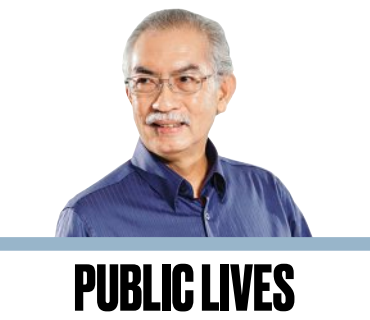Tech expert urges local governments to use AI

BAGUIO CITY – Local government units (LGUs) must consider embracing artificial intelligence (AI) on their road to becoming smart towns and cities, a prominent tech expert said.
AI analyzes trends, patterns and movement in any locality which would help LGUs plan better for their future, said Joey Gurango, chair and chief executive officer of technology firm Xurpas Inc.
Describing periodic data collected and processed by AI technology as a “source of truth,” Gurango said, “your view of what is actually happening in your community will be questionable without it.”
In his talk at the opening here on April16 of the ClickConex (the 2024 Convergence of Luzon Information and Communication Technology Convention and Exposition), Gurango said: “Every technological development – from websites, to mobile apps, to e-commerce, to digital banking, to remote working – were all made possible because of the presence of the internet in the Philippines. In 2022, a new technological revolution came to our shores – AI, and some people are calling it a war on humanity.”
“AI will drive all other technology advancements like robotics and spatial computing that will emerge by year 2030,” he stressed.

Gurango, who is a member of the Capiz Information and Communication Technology (ICT) Council in Roxas City, used to work for tech giants Apple and Microsoft before putting up his own Philippine companies.
Chatbot
The free access AI chatbot Chat GPT had fueled intense debates surrounding the use or misuse of machine-learning algorithms in daily life.
“It was the emergence of Chat GPT in mainstream consciousness that ushered in AI as a revolution that we know today,” Gurango said.
He said all organizations, specifically LGUs, need to be aware of the implications of AI and how it will affect their role in governing and serving constituents.
Most LGUs that do not use AI now “are at least 3 to 5 years away from being an AI-enabled LGU by 2030,” he said.
By 2030, there will be “no websites nor apps as we know them today,” because all digital services will be accessed through NLP (Natural Language Processing) which people are currently testing through Chat GPT,” Gurango said, adding that computers would know what its users want by recognizing voice and detecting physical expressions.
Information and public services would be relayed or deployed by the LGUs the moment a resident asks for them through their NLP providers like today’s Siri or Alexa devices, Gurango said.
“By 2030, all compliance activities between constituents and LGU will be performed by AI agents or avatars [which have been] trained through machine learning to represent each individual citizen and even the LGU would have avatars to represent various departments,” he said.
AI agents will operate 24/7, making government transactions take only “minutes or hours,” he said.
Smart governance
Baguio has developed a platform for AI technology to steer the summer capital away from urban decay by 2027, said Mayor Benjamin Magalong at the convention.
“We are not yet a smart city. But the local government has built a platform (or a digital command center) that will utilize AI to improve the quality of life of our citizens,” Magalong said.
He added that the shift to AI would help the city reduce its carbon emissions by 50 percent to mitigate climate change.
The command center is the “nerve center for smart city operations [including] real time monitoring, situational awareness and decision making support” so city managers, policymakers and law enforcement officers can respond to daily traffic incidents, occasional emergencies and trade, said Science and Technology Secretary Renato Solidum in an interview on Monday.
Solidum said his agency aims to produce one smart community in every province or region. The municipality of Lagayan in Abra province, Santa Marcela town in Apayao, the Benguet town of Atok, Tabuk City in Kalinga province, Alfonso Lista in Ifugao and Bauko town in Mountain Province are their potential smart towns.

















